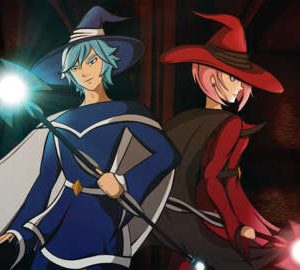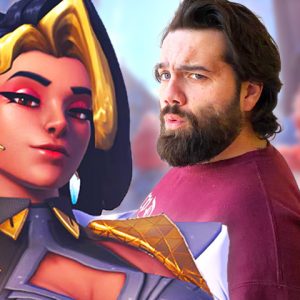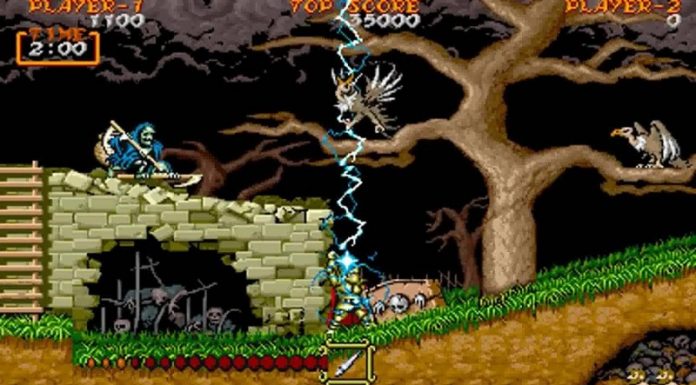
John Carmack, the video game legend known for his work on id Software games like Quake, Doom, and Wolfenstein, is leaving his job at Oculus. He announced on Facebook that, as of this week, he will transition to become a “consulting CTO” with Oculus instead of working at the company full time.
“I will still have a voice in the development work, but it will only be consuming a modest slice of my time,” Carmack said.
Going forward, Carmack will spend more of his time working on “artificial general intelligence.” He said it’s something he’s wanted to pursue for some time already, and he wants to go after it known “before I get too old.”
“I think it is possible, enormously valuable, and that I have a non-negligible chance of making a difference there, so by a Pascal’s Mugging sort of logic, I should be working on it,” Carmack said. “For the time being at least, I am going to be going about it Victorian Gentleman Scientist style, pursuing my inquiries from home, and drafting my son into the work.”
Carmack had served as full-time CTO at Oculus since 2013. Prior to that, he worked at the Texas-based game developer id Software, which is owned by Bethesda parent company ZeniMax.
Carmack’s time at Oculus wasn’t always smooth. ZeniMax sued Carmack (and others), claiming that Oculus stole virtual reality technology from ZeniMax. Oculus was ordered to pay ZeniMax $500 million in the case, though it was later knocked down to $250 million. Carmack sued ZeniMax on claims that the company did not pay him what he was due for its purchase of id. This matter has also since been resolved.
It is not clear at this stage if Oculus, which is owned by Facebook, will look for a permanent replacement for Carmack in the CTO role. Oculus is a very different company these days, as all six of the company’s founders have now left.
The latest Oculus product is Oculus Quest, a standalone virtual reality headset that doesn’t require a computer. In addition to working on the hardware itself, Oculus funds the development of VR games through its Oculus Studios division. Oculus also operated a studio that made animated VR movies, but Facebook closed the company in May 2017.























